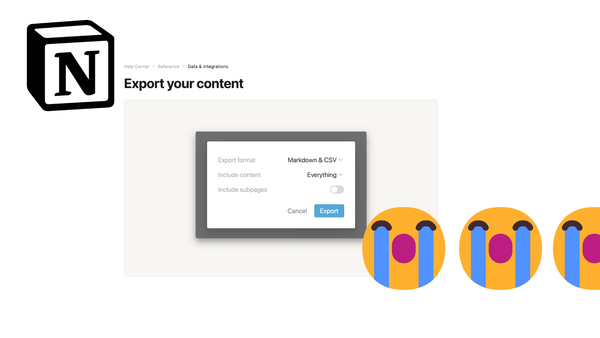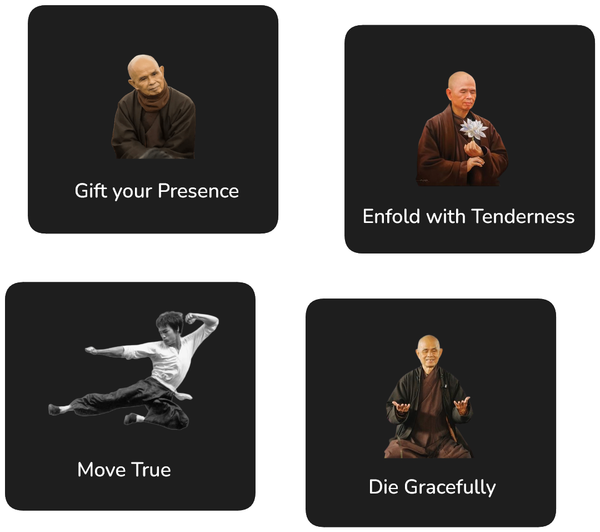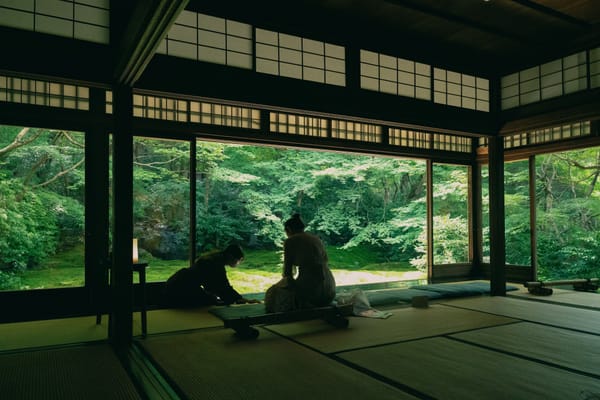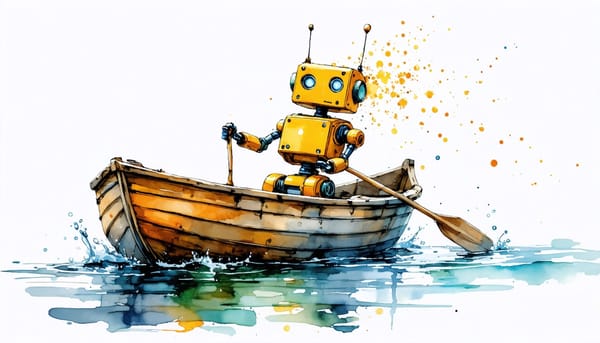Some Thoughts on Learning
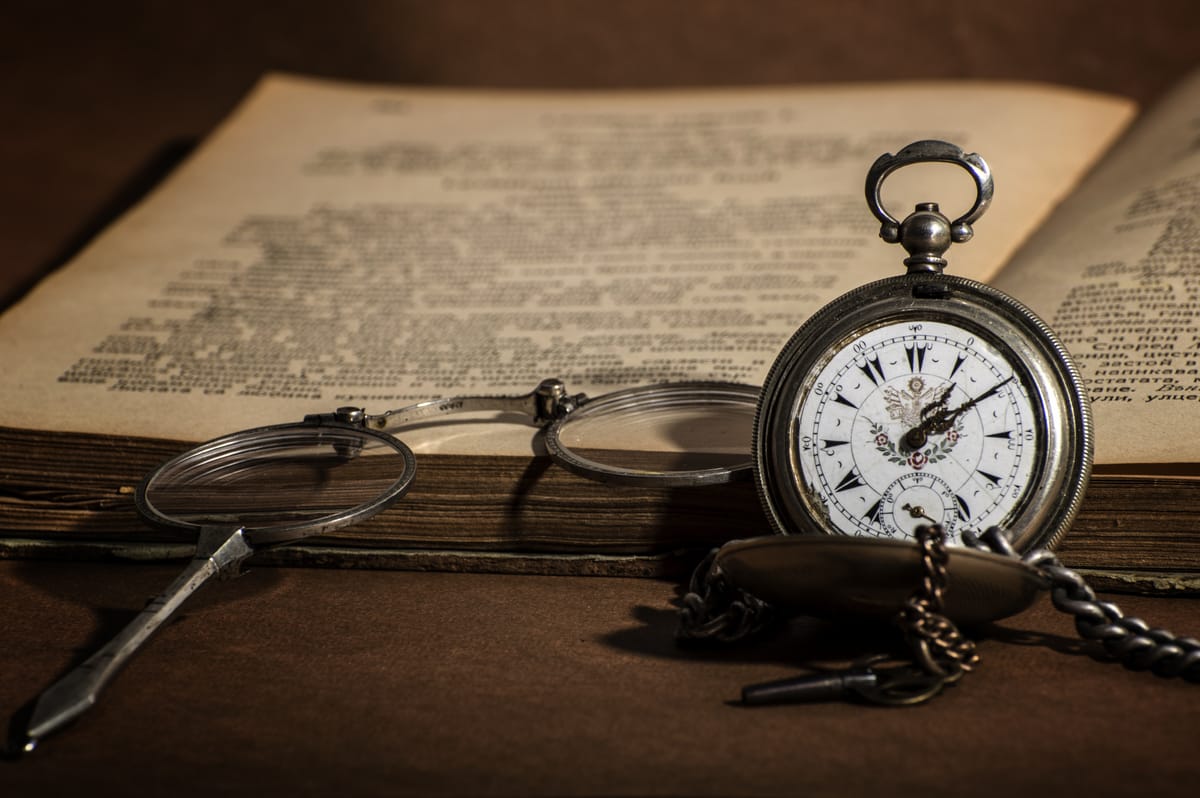
Over the past few years I had to study for a few professional certifications and I also spent a very considerable time studying at school and university. Throughout this journey I gained some insights that were useful to me and that I will collect here in the hope that they maybe useful to someone else as well.
An important caveat for all these insights is that they are meant specifically for the soulless and industrialised idea of learning that is so popular today. All advise is tailor-made for school, university and professional studies. For true and purposeful learning, I think an entirely different approach is needed that I will discuss later in this article.
But first here my tips for studying in a formal course of study:
Start with the End in Mind
Success in formal study is often for the most part equivalent to success in assessments. Learn about and get to know about what and how you will be assessed. See everything you do in the light of whether it will help you be more successful in assessments or not.
In university I would often try to get my hands on past exams as early as possible in the semester. This would help me focus on learning what would be asked about in the exam and ignore everything else.
Go Where it Hurts
Humans spent a lot of our energy on our brains, and thinking hard really does use up energy. Thus our brain has evolved to be stingy in its thinking. It is easier to go with the tried and true rather than the new.
Furthermore it is often emotionally stressful for us to be proven not to understand something.
Thus it is very tempting for us to go the easy path: Type out our handwritten lecture notes into a fancy digital tool. Revise those basic questions again, and staying well clear of the advanced one.
But in learning, just as in exercising, we should always embrace the struggle. There are few things more valuable in learning than to fail. Embrace failure and keep close track of what it is you don't know and cannot do to use as a guide what to spend your time on.
I already mentioned that I would often look at past exams as early as I could. I would also try to answer the questions of the exam. And most of all, I would focus on the questions I got wrong and that I find the most difficult. Easy questions I may attempt once but subsequently just skip over.
I would also often create a plan for myself during exam time and allocate a certain number of days for each subject. I wouldn't spend an equal amount of days on each subject but spend the most time on the subjects that I found the most difficult (unfortunately that would also be the ones I least enjoyed usually).
Treat Time like it is Precious
A common mistake I have made myself and seen others make as well is to treat time like an infinite or abundant resource when studying. When indulging on a new course of study, the next assignment, test or exam is usually a fair bit of time away, and it is easy to spend an extra hour here and there a superfluous task.
But time is the most important resource we have available to help us complete our studies successfully. For every task, consider whether it will help you perform better in assessments and whether there maybe a more effective way to prepare yourself.
In my first semester at university I made the 'mistake' to learn with passion and interest. I would buy all the books recommended and read them, trying to get a good understanding of the topics presented. I was very happy, since in contrast to school almost all the subjects interested me greatly. As a reward for my efforts, I got plenty of bad grades in my final exams. I then changed my approach to spend my time on precisely what was required for the exam, even if that meant mindless rote-learning.
If I sound a bit bitter in my arguments, it is because I am. I can think of few things I did in my life that where as big a waste of time as that spend in formal study - with the exception of my postgraduate studies and especially my PhD, which did not include any exams apart from a final oral examination.
Unfortunately any curriculum based around formal assessments lends itself to an utilitarian approach to study that emphasises spending time on things that will help a student be more successful in assessments. To make matters worse, assessments are also often not very good in that they do not test true understanding.
I cannot really think of a way how our education systems can be improved, since that requires to adopt a new kind of learning at a large scale. I do however have some thoughts on what could make for a better kind of learning:
Be Patient
As much as I like efficiency, I think learning is one of those activities for which we best do not set ourselves deadlines. Learning should be explanatory and driven by interest and wonder, not clearly delineated goals. Many experts in their fields do not set themselves goals for learning, they learn as a side effect of exploring their interests.
Learning takes time and we should be willing to take that time, as well as be patient and forgiving with ourselves when things take longer than we have planned for.
Begin with the Why
I think our brains are very smart and when we try to teach ourselves something we do not consider worth studying, we will forget it very quickly. Thus I think it is important that we make sure that we learn only what we understand to be worthwhile to be learned. I actually think the job of teacher should less be about teaching knowledge itself but showing students the value in of what is to be learned; since once we are convinced that to learn something is important, we are very likely going to find a way to learn it.
Embrace Ignorance
An often overlooked prerequisite to learning something new, is that we need to be aware that there is something we do not know. It is a natural tendency of ours to believe that we know far more than we actually do, both in disciplines in which we are novices as well as those in which we are experts. Thus it is important that we seek out the limits of our knowledge, to acknowledge them and from there to pursue new insights.
I believe that for a majority of people, school damages our natural ability and willingness to learn. We come to know that learning is not fun, and maybe even that we are not very good at it because we only get mediocre grades. Thus many adults only engage in learning when they are forced to.
I think learning is something magical and I think it is more than anything at the heart of what it means to be human. Unfortunately, our lives are full of challenges and struggle, and it is but for a fortunate few that we can find contentment and happiness naturally. Thus in order to live a happy and fulfilled live, we need to learn; and thankfully it is something we are naturally very good at (compared to all other animals). Thus I hope that one day we will find a better way to institutionalise learning, one that will help us embrace the joy and wonder of learning, and make us yearn for more of it.


